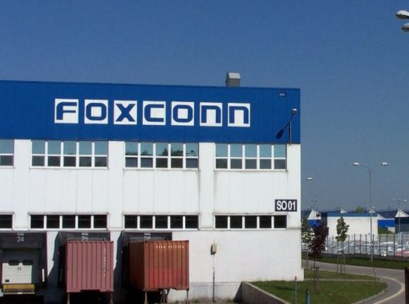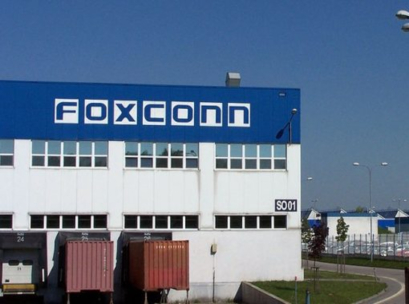
US-based non-governmental organisation China Labor Watch (CLW) has accused a Chinese factory that supplies Amazon of underpaying its workers and subjecting them to long hours.
Founded by labor activist Li Qiang in October 2000, CLW over the weekend released a report based on the findings of several investigators, who were dispatched into the Hengyang Foxconn factory in China from August 2017 to April 2018.
According to CLW, the factory primarily manufactures products for Amazon, including its Kindle, Echo Dot and table devices.
But while Amazon has generated hundreds of millions of dollars from the sale of these devices – the e-commerce giant sold tens of million Echo Dot devices, priced in Australia at $79, over the 2017 holidays alone – CLW claims that factory workers in China have not shared in the profits.
According to the report, workers are subject to long hours, putting in over 100 overtime hours during peak season and, in one instance, working consecutively for 14 days.
On average they earn wages between 2000 to 3000 RMB (US$312.12 to US$468.19) during off-season, while the average monthly wage in Hengyang is 4,647 RMB (US$725.22).
But despite the fact that workers rely on overtime hours to earn enough to maintain a decent standard of living, the factory cuts the overtime hours of workers as a form of punishment for those who take leave or have unexcused absences.
CLW’s investigators also report inadequate fire safety in the dormitory area, lack of sufficient protective equipment, absence of a functioning labor union at the factory and strict management who subject workers to verbal abuse.
In addition, investigators say that 40 per cent of the workforce at Hengyang Foxconn is made up of dispatch workers in violation of the 10 per cent limit China implemented in 2016.
In China, dispatch workers are temporary workers hired by a contracting agency and dispatched to work at a given company. They often are paid less than employees and don’t receive the same benefits.
Indeed, CLW claims that working conditions between dispatch workers and regular workers at Hengyang Foxconn are markedly different, despite workers holding the same positions.
- Regular workers are paid overtime wages, while dispatch workers earn the same rate for normal hours and overtime hours. The hourly rate also includes an attendance bonus, and workers who take more than two days off or are late more than twice a month receive wages calculated at a lower rate for the entire month.
- Regular workers receive five days of training, while dispatch workers only receive eight hours of training, which is well below the legal stipulation of 24 hours of pre-job safety training.
- Dispatch workers are also required to pay for a physical examination before starting work, whereas some regular workers reported not having to pay any fees for the physical examination.
- Sick leave is unpaid for dispatch workers, and they are regularly sent on leave during the factory’s off-season. During this time, they do not receive any wages.
- Dispatch workers also do not receive any social insurance, nor are contributions made to their housing provident fund, despite the fact that this is required according to the Interim Provisions on Labor Dispatch.
CLW notes that the treatment of dispatch workers remains a key issue in factories across China, which continue to use dispatch workers to cut down on labour costs.
Amazon completed its most recent audit of the Hengyang Foxconn factory in March 2018 and identified two issues of concern, according to an Amazon spokesperson.
“We immediately requested a corrective action plan from Foxconn Hengyang detailing their plan to remediate the issues identified, and we are conducting regular assessments to monitor for implementation and compliance with our Supplier Code of Conduct. We are committed to ensuring that these issues are resolved,” the spokesperson told Inside Retail.
“Amazon takes reported violations of our Supplier Code of Conduct extremely seriously. Amazon regularly assesses suppliers, using independent auditors as appropriate, to monitor continued compliance and improvement.”
Access exclusive analysis, locked news and reports with Inside Retail Weekly. Subscribe today and get our premium print publication delivered to your door every week.






